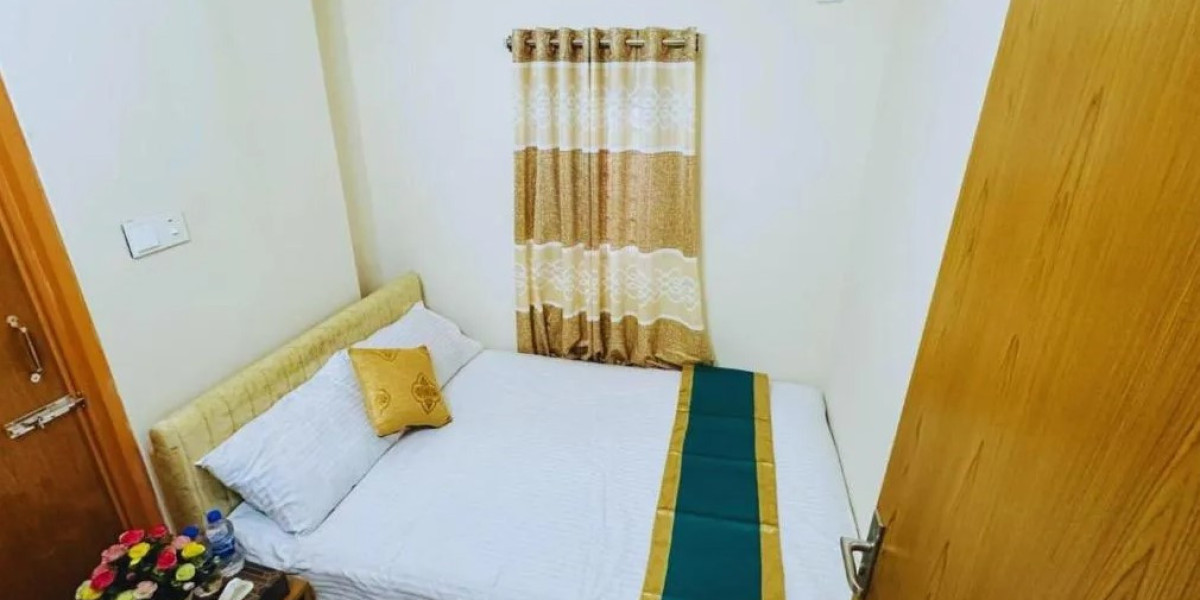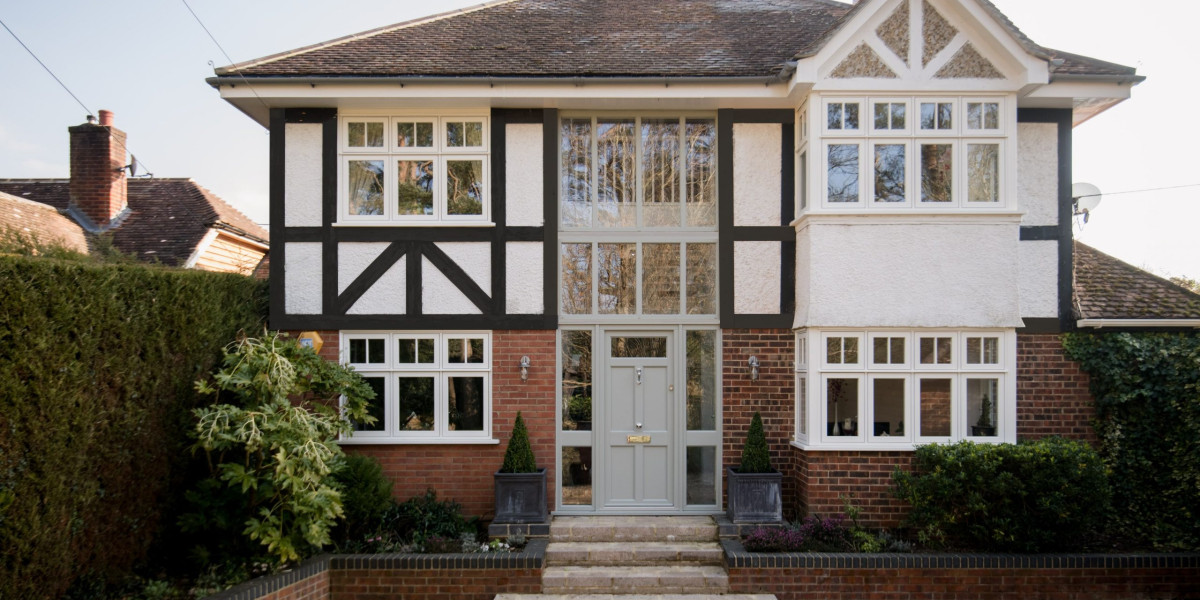When planning a trip, one of the biggest decisions travelers face is choosing where to stay. For budget-conscious travelers, the choice often comes down to Cheap Hotels and Accommodation versus Airbnb rentals. Both options have unique benefits, potential drawbacks, and very different experiences.
So, which one is better? The answer depends on your travel style, budget, and priorities. In this guide, we’ll compare cheap hotels and Airbnb across key factors such as price, comfort, amenities, location, safety, and overall travel experience.
1. Price Comparison
Cheap Hotels and Accommodation
Budget hotels and hostels are often designed to be cost-effective. They offer the essentials at a low price, such as clean rooms, comfortable beds, and sometimes complimentary breakfast or Wi-Fi.
You’ll usually find consistent pricing in cheap hotels, especially when booked through platforms like Booking.com, Agoda, or Hostelworld. Discounts are common for last-minute bookings, longer stays, or loyalty program members.
Airbnb
Airbnb pricing varies widely depending on location, property type, and season. While you can sometimes find entire apartments at lower rates than hotels, cleaning and service fees can significantly raise the total cost.
Great for groups or long stays (since splitting costs makes it cheaper).
Often less affordable for short stays due to extra fees.
Verdict: For short trips and solo travelers, cheap hotels are usually more cost-effective. For groups or longer stays, Airbnb can be cheaper if you use the kitchen and share costs.
2. Comfort and Amenities
Cheap Hotels
Budget hotels focus on consistency and essentials:
Comfortable bedding
Daily housekeeping
Private or shared bathrooms
24/7 reception (in most cases)
Complimentary toiletries
You may not get luxury, but you will get reliability.
Airbnb
Airbnb offers more variety. You might stay in:
A private apartment with a kitchen and laundry
A room in someone’s home
Unique stays like treehouses, cabins, or villas
While this flexibility can enhance comfort, it also means the quality depends heavily on the host. Some Airbnbs rival luxury hotels, while others may fall short in cleanliness or amenities.
Verdict: If you want predictable comfort, go for a hotel. If you value unique experiences and home-like amenities, Airbnb is the winner.
3. Location and Accessibility
Cheap Hotels
Budget hotels and hostels are often located in city centers or near transport hubs, making them convenient for sightseeing.
Airbnb
Airbnbs are spread across residential areas, meaning you might stay in a local neighborhood. This can give you an authentic experience but sometimes requires longer commutes to attractions.
Verdict: Hotels usually win for central locations and convenience, while Airbnb offers a chance to live like a local.
4. Safety and Security
Cheap Hotels
Hotels have professional management, CCTV, and front-desk staff. Safety standards are regulated, so you can generally expect a secure environment.
Airbnb
Safety depends on the host and property. While Airbnb has review systems and ID verification, there have been cases of misleading listings or safety concerns.
Verdict: Hotels are generally safer and more reliable for solo travelers and families.
5. Flexibility and Policies
Cheap Hotels
Hotels often allow free cancellations and flexible booking terms, especially through major platforms. Walk-ins are also possible.
Airbnb
Cancellation policies vary by host. Some offer flexible options, but others enforce strict rules with no refunds.
Verdict: Hotels are more flexible for last-minute changes.
6. Social Experience
Cheap Hotels / Hostels
If you stay in hostels or guesthouses, you’ll find plenty of opportunities to meet fellow travelers through shared spaces and organized activities.
Airbnb
Airbnb experiences vary. Renting an entire home means privacy, but little social interaction. Staying in a private room with a host can provide local insights, but it’s not as social as hostels.
Verdict: If you want to meet new people, budget hostels are better. If you want privacy, Airbnb wins.
7. Hidden Costs
Cheap Hotels
Most cheap hotels are upfront with their pricing. Extra charges may include city taxes or optional services like late check-out, but these are generally minor.
Airbnb
Airbnb is notorious for hidden costs such as cleaning fees, service fees, and local taxes. These can sometimes make the stay more expensive than a hotel.
Verdict: Hotels usually offer more transparent pricing.
8. Long-Term Stays
Cheap Hotels
Hotels offer convenience but may lack amenities like kitchens and laundry, which are important for long stays.
Airbnb
Airbnb is often ideal for long-term stays since you get access to a full kitchen, laundry facilities, and more space. Discounts are often offered for weekly or monthly stays.
Verdict: Airbnb is better for long-term travelers or digital nomads.
9. Unique Experiences
Cheap Hotels
Hotels provide a standardized experience, ensuring consistency but little uniqueness.
Airbnb
Airbnb is famous for offering unusual stays, from castles and caves to eco-lodges. These options provide memorable experiences that hotels usually can’t match.
Verdict: Airbnb is the choice for unique and memorable stays.
10. Overall Travel Style Match
Solo travelers & backpackers → Cheap hotels or hostels (cheaper, safer, more social).
Families → Airbnb (more space, kitchens, family-friendly homes).
Business travelers → Hotels (reliable Wi-Fi, consistent service, central locations).
Groups & long-term travelers → Airbnb (cost-sharing, home-like amenities).
Spontaneous travelers → Hotels (easy walk-in booking and flexible cancellations).
Conclusion: Which Is Better?
The debate between cheap hotels and accommodation vs. Airbnb has no one-size-fits-all answer. Both have their strengths:
Choose cheap hotels if you want affordability, safety, consistency, and convenience.
Choose Airbnb if you value unique stays, home-like amenities, and long-term affordability.
Ultimately, the right choice depends on your budget, trip length, group size, and personal preferences. Many seasoned travelers even combine both—using hotels for short city breaks and Airbnb for longer, immersive stays.
So, the next time you’re planning a trip, weigh the pros and cons of each option carefully. The best choice is the one that matches your travel goals without stretching your budget.










